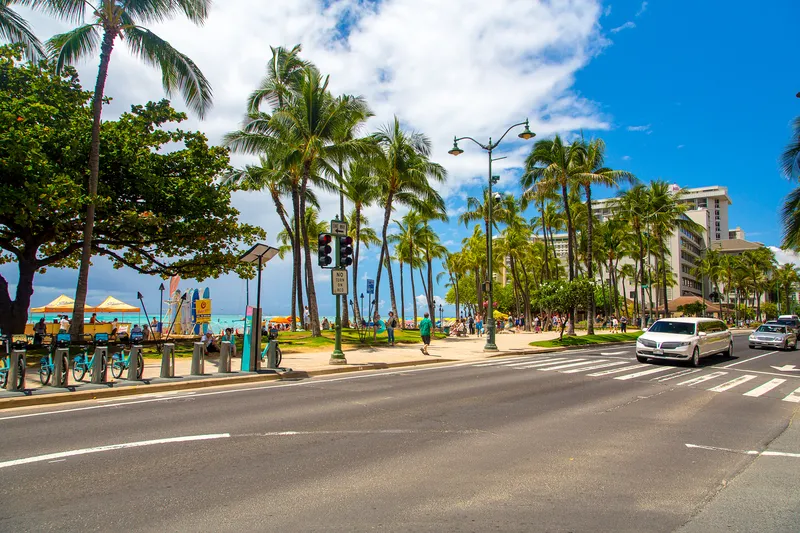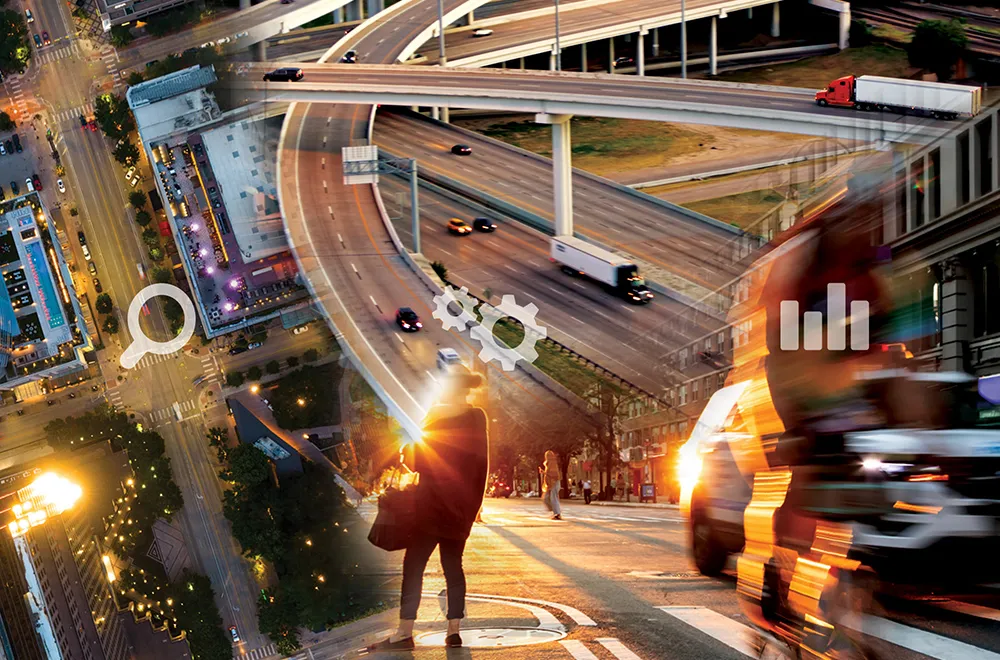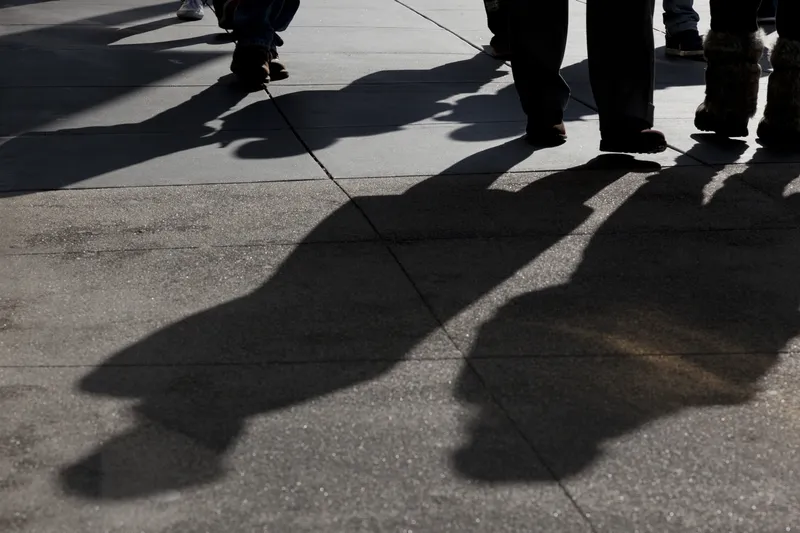
Iteris has joined forces with construction company Phoenix Pacific to expand distribution of its roadway sensors technology across the US Pacific Islands regions of Hawaii and Guam.
Iteris says Phoenix Pacific will sell its vehicle bicycle and pedestrian detection solutions and cloud-based performance analytics software to reduce congestion in both regions.
The partnership is expected to help transportation agencies address ageing infrastructure issues in both regions. The American Society of Civil Engineers’ (ASCE) Infrastructure Report Card projects infrastructure will worsen as Hawaii's statewide roadway travel demand will increase to 3.4 million vehicle trips by 2035.
The ASCE Hawaii Chapter developed the report card to provide residents and policy makers with an evaluation of bridges, roads and coastal areas.
The ASCE says the majority of Hawaii's infrastructure has been operating beyond its useful life, and some components of systems are more than 100 years old. Lack of funding has made it difficult to effectively maintain and improve the existing infrastructure systems to keep up with increasing usage, the society adds.
According to the report card, Hawaii's roadways are among the most congested in the US, and there is a $23 billion transportation infrastructure funding gap over the next 20 years.
The ASCE wants state legislature to increase the state gas tax to help close the gap and address construction costs. It suggests revenue can help toward paving potholes, managing congestion and reducing the number of structurally deficient bridges.
In a separate move, Iteris' traveller information services solution is to continue powering the San Francisco Bay Area Metropolitan Transportation Commission's (MTC) 511 Traveller information system.
The 511 SF Bay traveller information system allows users to access traffic, transit, carpool, vanpool and bicycle information from their phones or on the website.
Iteris says the $5.4 million contract extension will allow it to operate and maintain the 511 SF Bay interactive voice response system and provide regional transit data integration, software support and technical services for the MTC’s 511 operations centre.
Scott Carlson, assistant general manager of transportation systems at Iteris, says: “We are committed to ensuring the San Francisco Bay Area travellers and public transit riders, who make 1.5 million daily trips, are able to access accurate, real-time travel information that improves their mobility across the nine-county region.”
Iteris has been providing key services of the 511 SF Bay traveller information since 2015.









